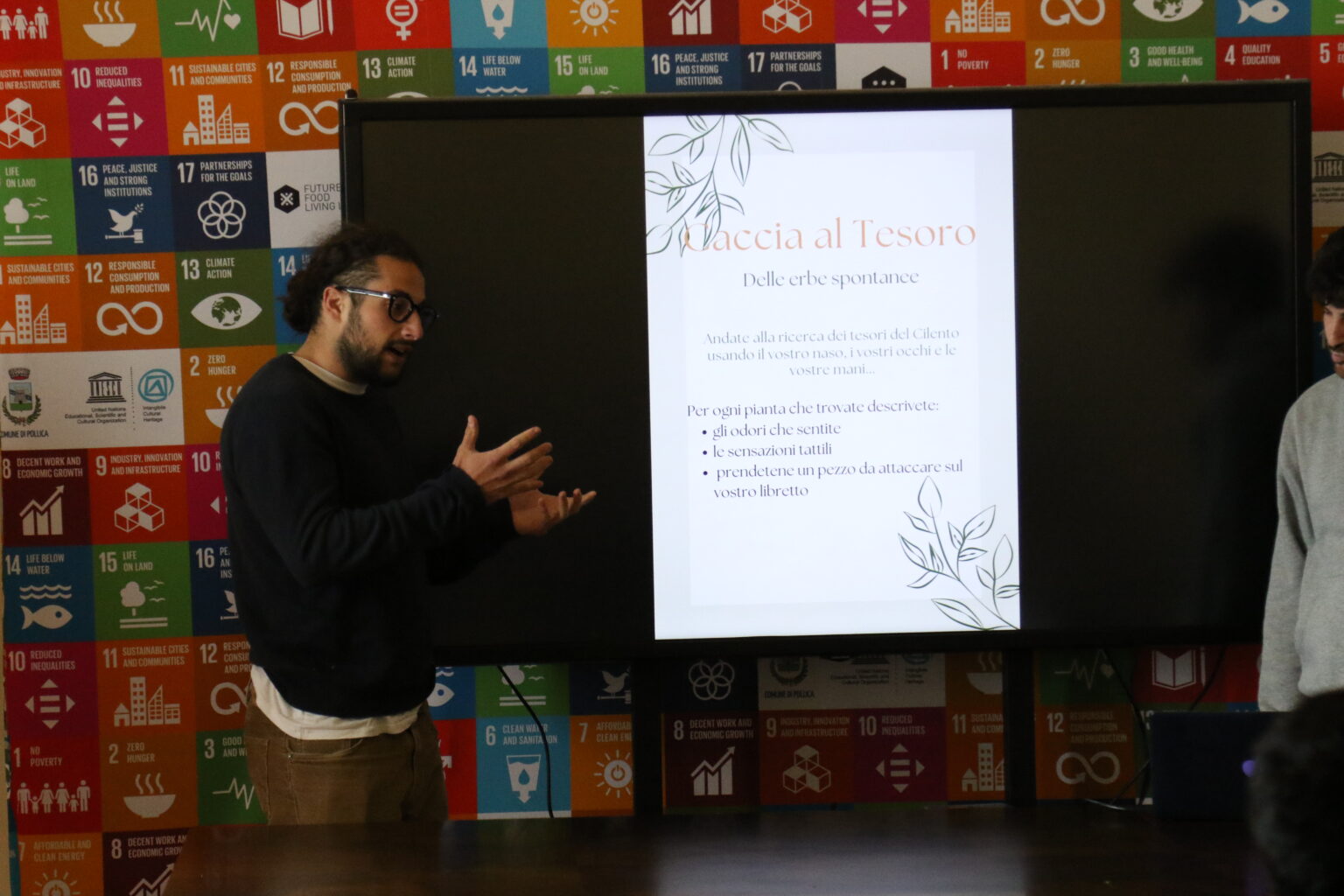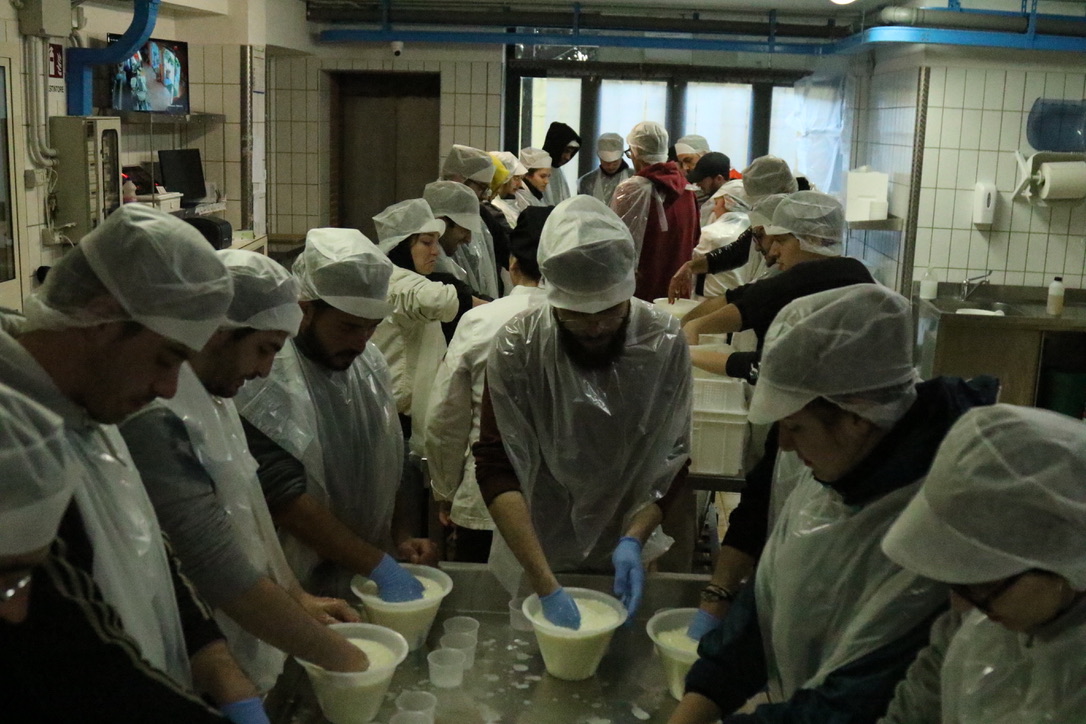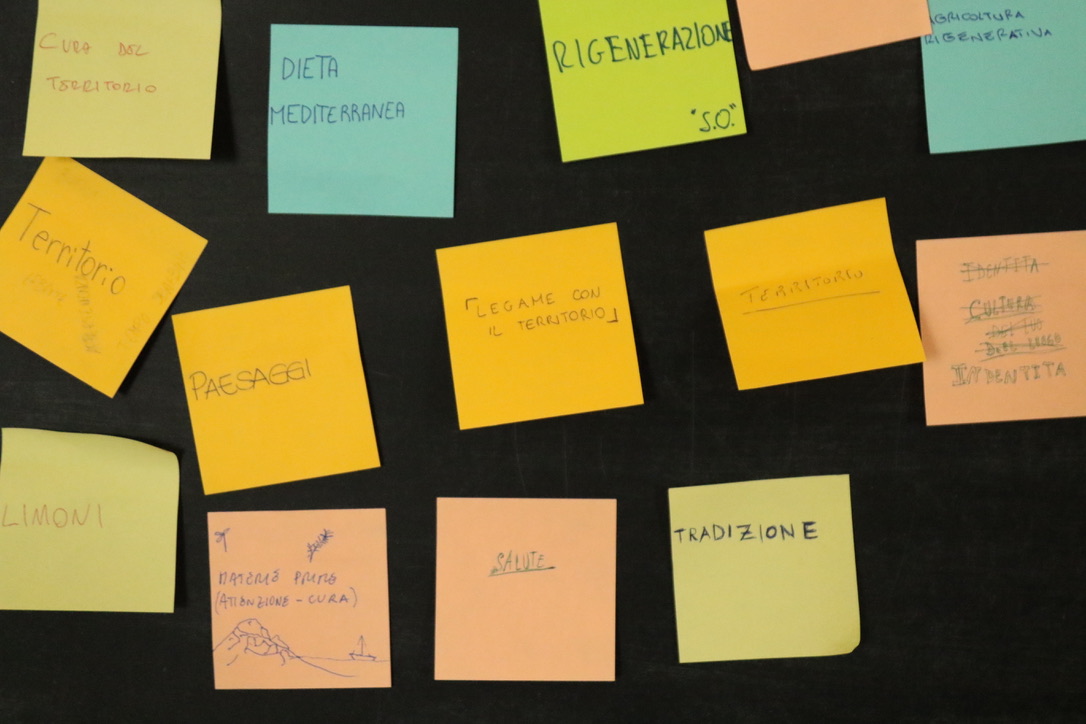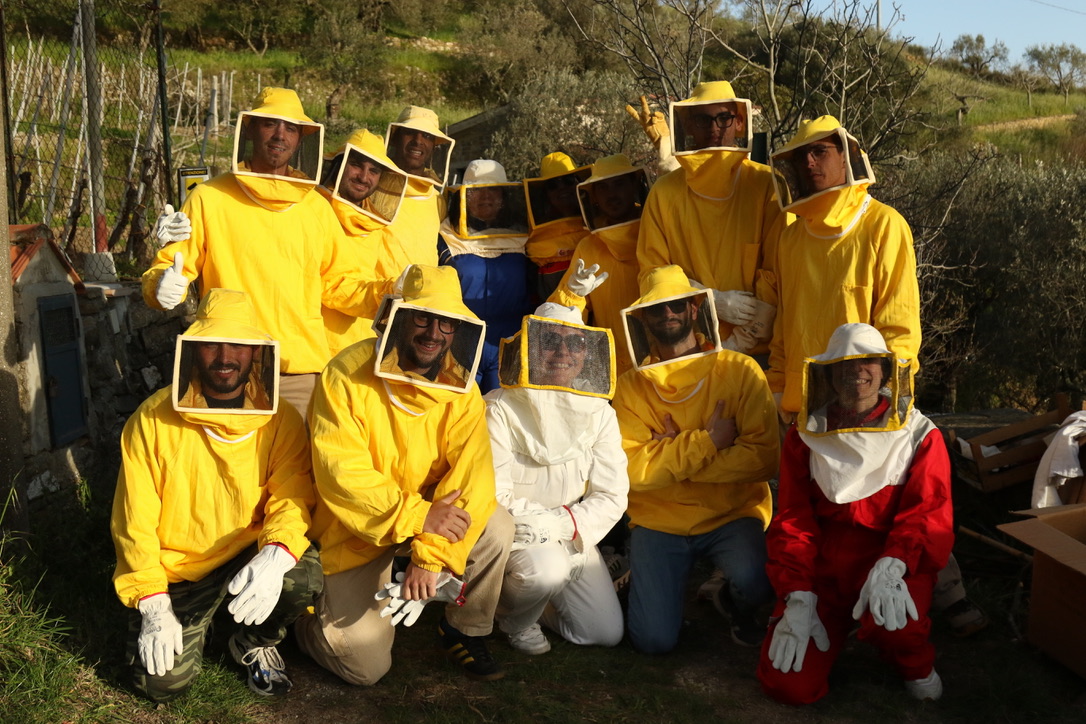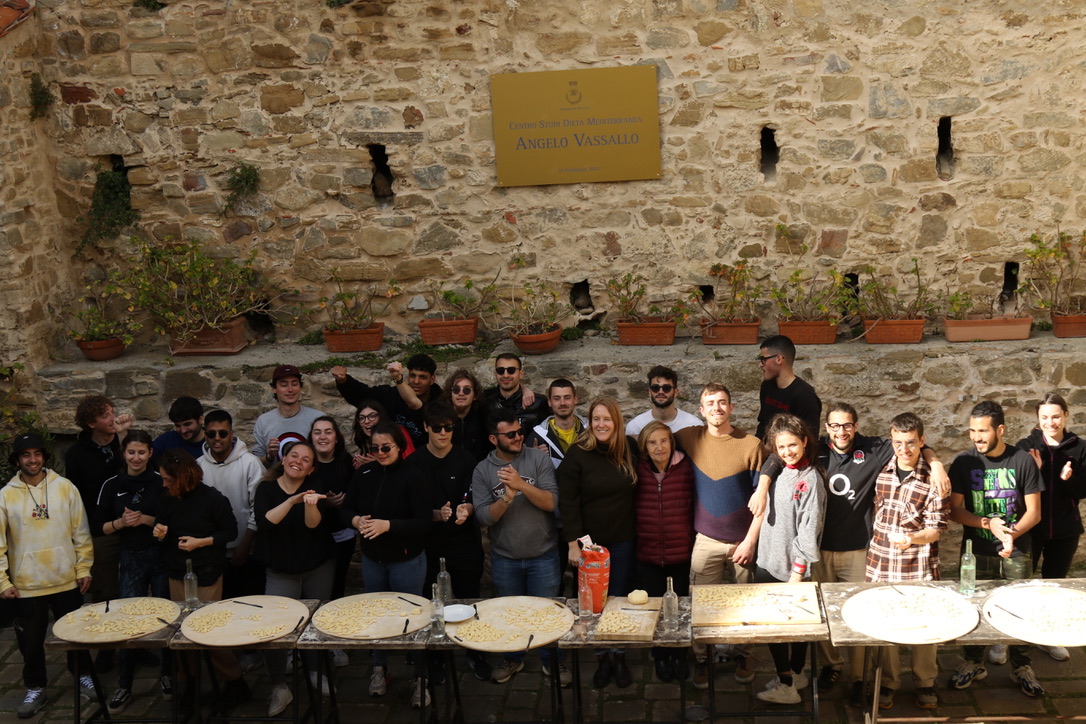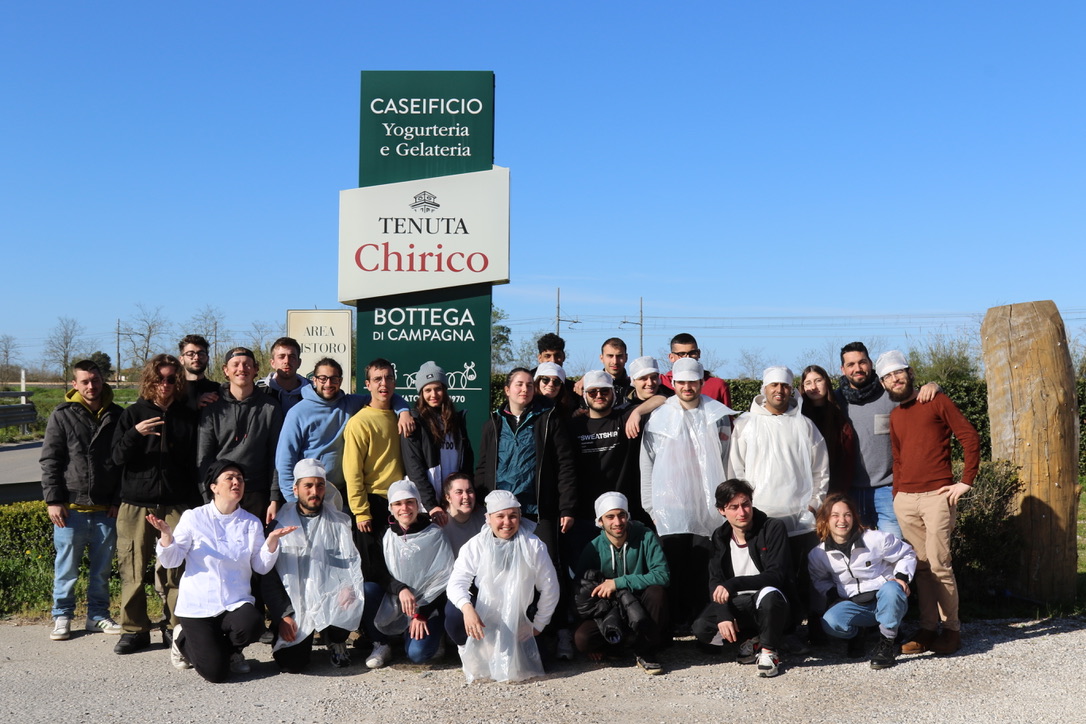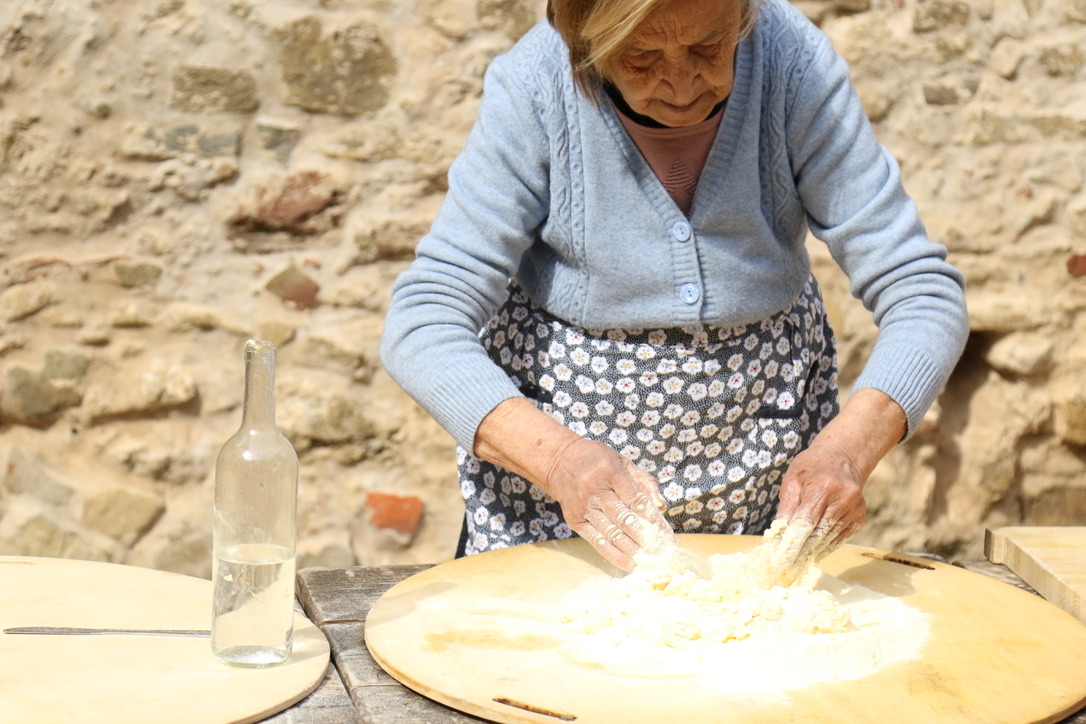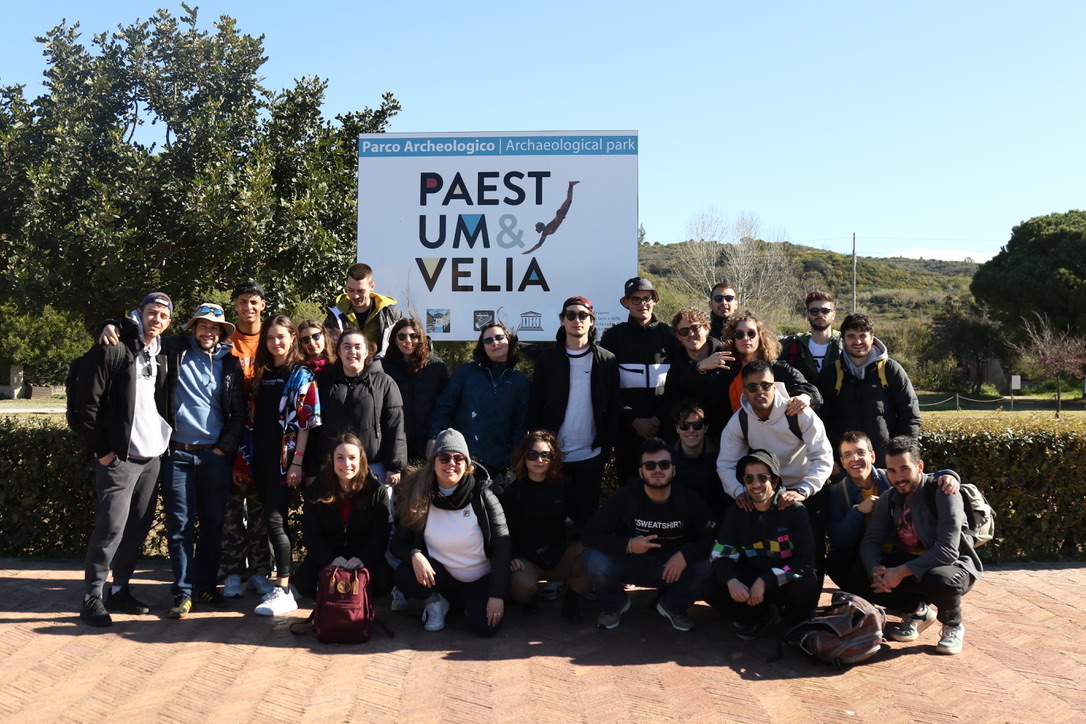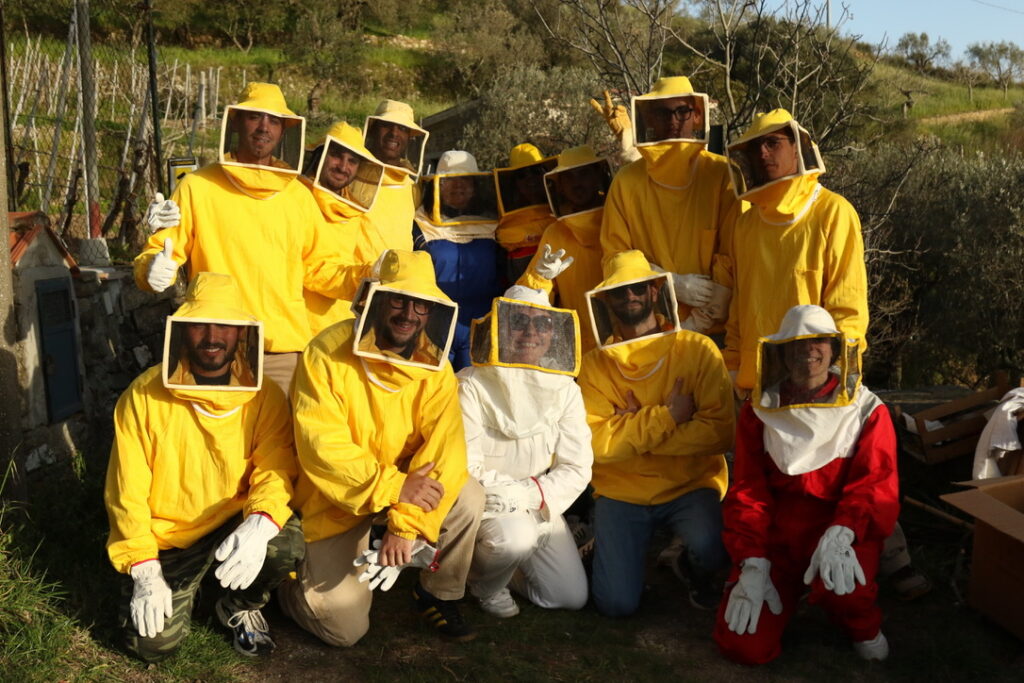ITS Tech & Food, course of Food Sustainability in Pollica
Relationship between food, health, environment, cultures- regeneration and sustainability: The crucial challenges of agrifood
Last month the four-week training period at Future Food Institute of the course Food Sustainability ITS Tech & Food. The course entitled "Relationship between food, health, environment, culture- regeneration and sustainability: The crucial challenges of agrifood," began in Bologna at Scuderia Living Lab, lasting three weeks and ended with an experiential week at Paideia Campus in Pollica (SA). The initiative was attended by 25 young people from Food Sustainability, accompanied by a teacher.
Moving away from the space and culture of Bologna, to move towards the heart of the Cilento, students could not only study, but also touch, smell, taste the Mediterranean lifestyle.
Among the main activities, the boys have:
-
- visited the Archaeological Park of Velia and made 'foraging,' learning to recognize local plants and their traditional use with the local guide Fernanda Quaglia, guide Aigae, Cilentamente;
-
- participated in a tasting Cilento Oil, with an in-depth analysis of the benefits of oil and its importance in the Mediterranean Diet with Giuseppe Cilento, of the New Cilento Cooperative;
-
- made a visit to the farm, with milking and cheese workshop together with Benedetto and Silvia Chirico, at Tenuta Chirico;
-
- Visit with lunch tasting at the farm La Petrosa, by Edmondo and Luigia Soffritti;
-
- viisitato a 'plant' of lombricoltura with Stefano Argenziano;
-
- participated in a traditional homemade pasta workshop with Maria Carmela;
-
- visited the hives in the field and tasted honey with Pasqualino Volpe, of Apiculture Volpe.
The journey then translates into a journey to rediscover the origins and traditions of our food lifestyle, learning from the guardians of knowledge, in order to be able to pass on the heritage of the Mediterranean diet. The week ended with a 'hackathon' (final project) with the concept of Integral Ecology at the center, exploring various points of the food system.
The young people, through the above mentioned activities, experienced the Mediterranean diet, experimenting in a concrete way the concept of "Farm to Fork", a strategy proposed by the European Commission within the proposed law "European Green Deal"in order to make the food system healthier and more sustainable, involving the entire food chain, from production to distribution. The Food Sustainability course is based on this philosophy: "from producer to consumer", using a holistic approach to the realization of a sustainable food culture.
The Food Sustainability course, launched for the first time this year by theITS Tech & Food of Bologna, focuses on the challenge posed by new products and food needs, bio-economics, natural resources, agriculture and the environment. The course trains highly specialized technicians who can significantly contribute to the sustainable management of the food chain thanks to the possession of specific skills to:
-
- know and assess the relationship between food and human health;
-
- improving the safety and quality of food, its traceability, authenticity and sustainability, to protect citizens and the sustainability of production;
-
- to monitor and describe productive environmental realities, identifying ways of territorial enhancement and optimization of resources;
-
- manage the environmental certification processes of the supply chain;
-
- promoting and monitoring both the adoption of good practices defined in agri-food measures and innovations aimed at mitigating the effects of climate change;
-
- collaborate in the management of renewable agro-energy processes;
-
- in line with the objectives of the European Green Deal, the course makes one the reference principle "From producer to consumer" to help achieve a circular economy and to pursue the objective of reducing the environmental impact of the food processing and retail sectors by addressing transport, storage, packaging and food waste.
